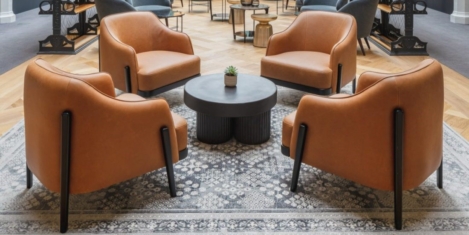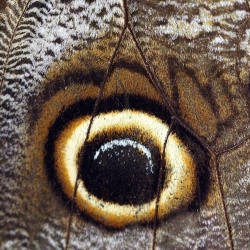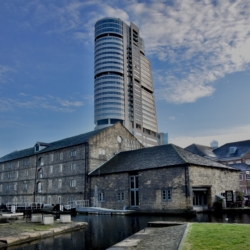June 12, 2024
We need to stop paying lip service to the issue of workplace wellbeing
 In the wake of Mental Health Awareness Week last month, now is a brilliant opportunity to take stock of impactful employee wellbeing initiatives. Many people feel their employers are guilty of ‘wellness washing’, the practice of paying lip service to wellbeing. However, the benefits of impactful wellbeing initiatives are clear – 89 percent of employees who have wellness programmes at work report being more engaged and happy within their roles. Taking a subjective approach by catering to employees’ needs can be transformational for employee satisfaction and, in turn, boost retention. (more…)
In the wake of Mental Health Awareness Week last month, now is a brilliant opportunity to take stock of impactful employee wellbeing initiatives. Many people feel their employers are guilty of ‘wellness washing’, the practice of paying lip service to wellbeing. However, the benefits of impactful wellbeing initiatives are clear – 89 percent of employees who have wellness programmes at work report being more engaged and happy within their roles. Taking a subjective approach by catering to employees’ needs can be transformational for employee satisfaction and, in turn, boost retention. (more…)





































June 12, 2024
We need to find better ways to communicate and connect with customers in a distracted world
by Carol Howley • Comment, Technology